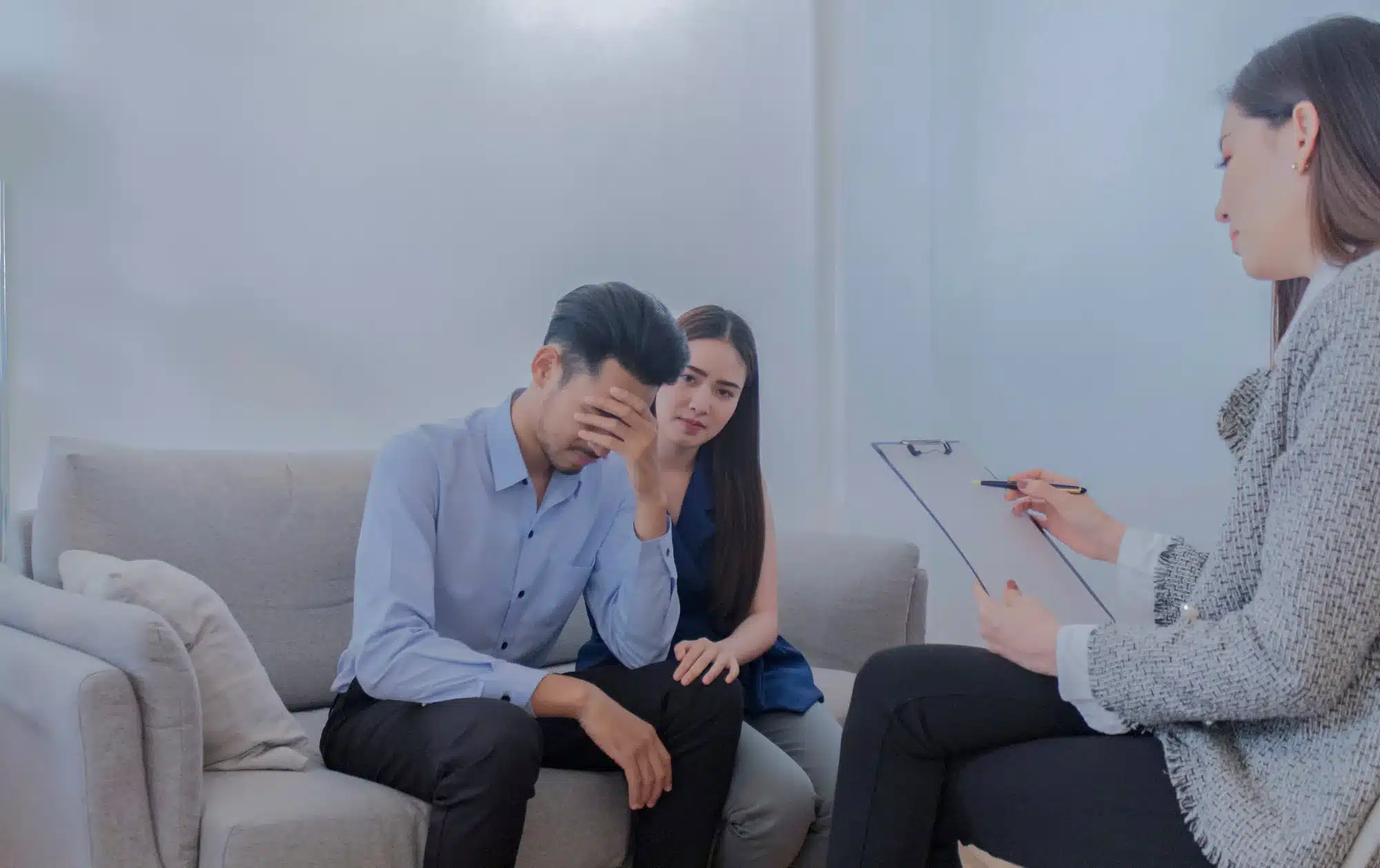A recent study revealed that one in every five adults experiences mental illness every year. If you or someone you love is struggling with a mental health disorder like depression, anxiety disorders, PTSD, or bipolar disorder, you may want to know the treatment options available to you. In this article, we’ll discuss the most successful mental health treatments you can consider.

Many mental health experts recommend combining two or more treatments for a better recovery outcome but ultimately, you and your care team will need to work together to identify a single or combination of treatments that work best for you.
Let’s look at five treatment options you can explore for recovery and improved mental wellness.
1. Medication
Medications can play an important role in the recovery of mental illness. While they are not an outright cure, they help relieve many symptoms by working on the chemicals connected to emotions and thought patterns. When the symptoms improve, you can incorporate other treatment options for a holistic recovery.
Here are the main categories of medications:
- Antipsychotic Medications — they treat disorders like schizophrenia and bipolar disorder. They can reduce or eliminate hearing unwanted voices and fearful thoughts and promote a better sense of calm and improved communication.
- Antidepressant Medications — they treat depression, anxiety, and phobias. They help to reduce feelings of sadness and suicidal thoughts.
- Anti-Anxiety Medications — these medications treat anxiety disorders like panic attacks and extreme fear.
- Mood Stabilizers — they treat extreme mood-related disorders such as bipolar disorder.
Have an honest discussion with your healthcare team about their benefits and side effects to help you formulate the right medication treatment plan.
2. Psychotherapy
Psychotherapy or mental health counseling is one of the most common mental health treatments available. It involves talking to a trained therapist about your feelings and behaviors and finding practical strategies to overcome or cope with symptoms.
The best practice is to combine psychotherapy and medication for the best recovery outcome.
The most popular types of psychotherapy include:
- Cognitive Behavioral Therapy — a therapist helps the patient uncover unhealthy behaviors and thought patterns and their causes. Once that’s established, the patient and therapist formulate and implement constructive thinking patterns that will lead to healthier behaviors.
- Psychodynamic Therapy — this approach focuses on identifying the unconscious motivations behind negative behavior patterns and the best ways to resolve them for improved mental well-being.
- Humanistic Therapy — a therapist provides an empathetic and non-judgmental environment where the patient focuses on their present feelings and directs them to harness their positive traits and behaviors for healing and fulfillment.
3. Brain Stimulation Therapies
Brain stimulation therapies are mental health treatment options you can consider where medication and psychotherapy may have failed to produce the desired outcome. It involves directly stimulating or inhibiting brain areas with electricity, magnets, or implants. These therapies include Electroconvulsive Therapy (ECT), Transcranial Magnetic Stimulation (TMS), Deep Brain Stimulation (DBS), and Vagus Nerve Stimulation (VNS).
4. Complementary and Alternative Treatments
Complementary and alternative treatments are non-traditional approaches that may help reduce symptoms and improve mental health. While there is little evidence to prove they work, some people have found them helpful in reducing mental illness symptoms.
Here are some of the non-traditional treatment examples:
- Physical Exercise — yoga, Tai Chi, aerobic and anaerobic exercises, and meditation
- Nutraceuticals — intake of Vitamin B6 and B9, Vitamin D, and Omega-3 fatty acids
- Herbal Remedies — St John’s wort, saffron, valerian, and maca.
5. Residential Treatment Program
A residential treatment program or short-term hospitalization proves helpful in stabilizing your symptoms especially, when your condition deteriorates and you can’t take care of yourself or you are in danger of harming yourself or others.
Contact Answers LLC for Quality Mental Health Counseling Services
If you’re looking to incorporate counseling or psychotherapy as part of your mental health treatment, talk to Answers LLC. We provide a variety of mental health counseling services you can depend on to explore your issues and learn vital coping skills that will improve your mental well-being. Contact us today to schedule an appointment.

